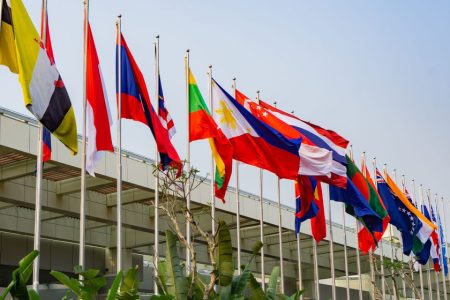Construction of the Regional Fisheries Monitoring, Control and Surveillance Coordination Centre of the Southern African Development Community (SADC) kicked off this Monday with Mozambican President Filipe Nyusi laying the foundation stone.
The centre, built at a cost of approximately US$1.8 million, is located in the Mozambican capital Maputo. It aims to improve monitoring, control and inspection of fisheries to tackle illegal and undeclared fishing activities.
Nyusi emphasised the importance of making maritime exploitation sustainable so that Mozambique and other countries in the SADC can continue to rely on the ocean for food and income.
[See more: Forum Macao eyes new areas of cooperation]
The centre will monitor both coastal and inland fisheries, making it a benefit to all 16 member states of the SADC regardless of their proximity to the coast. Mozambique, with its 2,700 kilometres of coastline, as well as inland waters, loses around US$60 million every year due to illegal fishing. The loss is compounded by the impact on coastal ecosystems of fishing undertaken without concern for environmental impact or sustainability.
A wide variety of maritime activities, from hydrocarbon exploration to tourism, are also “susceptible to illegal behaviours and practices” including drug trafficking, piracy, pollution and illegal fishing, Nyusi explained. These diverse threats are what pushed the SADC to “combat illegal activities at sea and take strict measures.”
SADC’s focus on developing its fisheries may get a boost from China as two member states, Mozambique and Angola, are also members of Forum Macao – a Sino-Lusophone trade body that recently met to finalise a three-year plan. One area of potential cooperation in the plan is the blue economy, which China itself has been working to develop over the last decade.






